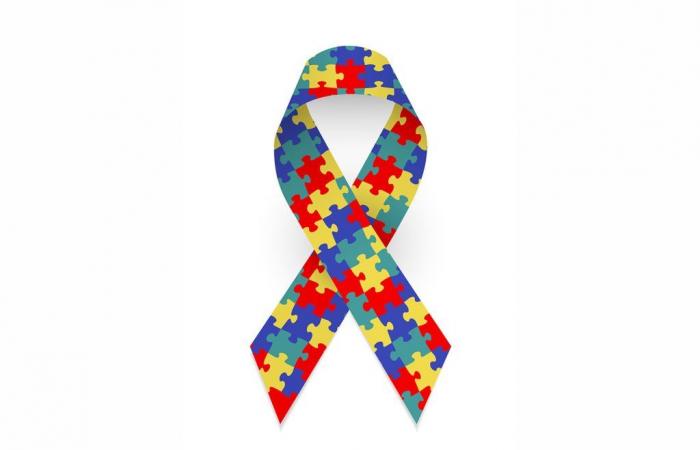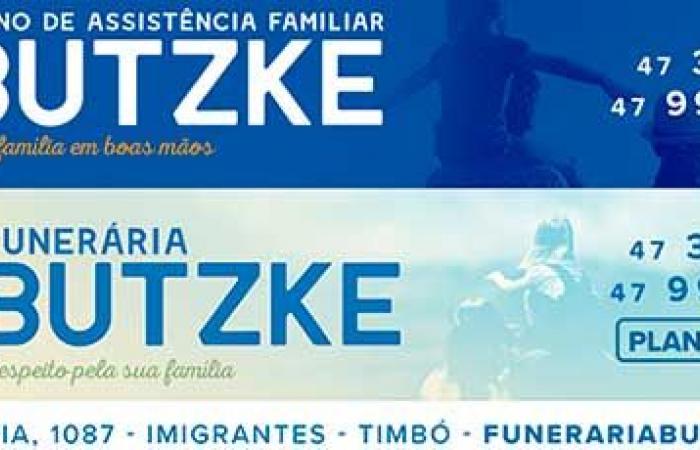Share
Tweet
Share
Undergraduate and postgraduate courses UniCesumar trains professionals capable of promoting environments and routines that meet the sensory needs of autistic people, as well as social inclusion
Epidemiological data reveal that the prevalence of Autism Spectrum Disorder (ASD) has increased significantly over the years. The latest data released by the Center for Disease Control and Prevention (CDC), the United States (USA) health agency, showed that, in 2023, one in every 36 children will be diagnosed with TEA. To give you an idea of the growth, in 2004, the number was one diagnosis for every 166 children. In 2012, it rose to one for every 88 children who received the report. And in 2020, the prevalence was already one in 54. According to the World Health Organization (WHO), the estimate is that there are around 70 million autistic people in the world, 2 million of which are in Brazil.
Despite the significant increase, society is still learning about this condition and studying better ways to include these children in regular education, as well as, later, adults in the job market. So much so that on April 2nd, World Autism Awareness Day is celebrated and activities are carried out around the world to draw attention to the topic. Aware of the demand for professionals who know how to work with this audience, since January this year, UniCesumar has been offering the higher education course in Technology in Monitoring Autism Spectrum Disorder (ASD) and Postgraduate Studies in ASD. After training, the professional will be able to offer support in the autistic person’s learning process and in their coexistence, through strategies that result in the social inclusion of these people.
This demand, in fact, is a right provided for in federal law 12,764/12, which establishes the Policy for the Protection of the Rights of People with Autism Spectrum Disorder. The text guarantees, in cases of proven need, the right of autistic children enrolled in a regular school to have support in the classroom. “There is an urgent need for trained professionals so that these children can be treated with quality in their particularities. It is necessary to create environments and routines that meet the sensory and regulatory needs of autistic people, as well as promoting social awareness to reduce the stigma associated with autism, exploring ethical issues. Our course meets all these requirements”, says the coordinator of the EAD course, Waleria Leonel.
Change in diagnosis
Unlike years ago, when there were classifications and types of autism, from the DSM-5, Autism is now called Autism Spectrum Disorder, classified as one of the Neurodevelopmental Disorders, characterized by difficulties in communication and social interaction and also restricted and repetitive behaviors. Therefore, the new DSM-5 brought significant changes to all the criteria used to diagnose autism, expanding the identification of symptoms and focusing on observations of the development of children’s social interaction and communication. The classification is related to the child’s support needs, which range from levels 1, 2 and 3, mild, moderate and severe.
Undergraduate and Postgraduate courses in TEA
The TEA degree in the technologist format, which lasts for a minimum period of four semesters (two years), will receive enrollments in the EAD teaching modality and is aimed at people who are interested in delving deeper into the topic. However, education professionals may be more interested in qualification, as upon completing the course they will have a higher education diploma that proves their ability to monitor people diagnosed with ASD. To this end, among the various curricular contents, there are professional immersion subjects and access to a specialized virtual laboratory is provided, so that students can experience controlled practical experiences in school and multidisciplinary monitoring spaces.
The Postgraduate Course in Special Education: Autism Spectrum Disorder lasts 8 months and offers specific knowledge and skills to enable professionals to adequately and inclusively meet the needs of people with ASD. With it, the professional will be able to work in inclusive schools, specialized clinics, rehabilitation centers and organizations aimed at supporting and including people with ASD.
About UniCesumar
For more than 30 years in the educational market, and since 2022 as one of the brands integrated in the Vitru Educação group, UniCesumar has more than 600 thousand active students, both in person and distance learning. Currently, it has more than 1,200 centers spread across all regions of the country, in addition to three international centers, located in Dubai (United Arab Emirates), Geneva (Switzerland) and Joso (Japan). In face-to-face teaching, one of the highlights is the Medicine course, offered on the Maringá (PR) and Corumbá (MS) campuses. In addition, it has four other campuses in the cities of Curitiba, Londrina, Ponta Grossa and Campo Grande (MS). The institution is among the ten largest private educational groups in the country. Its portfolio includes more than 130 undergraduate and 130 postgraduate courses, 71 technical courses and 16 professional courses.
—
Carolina Motta







